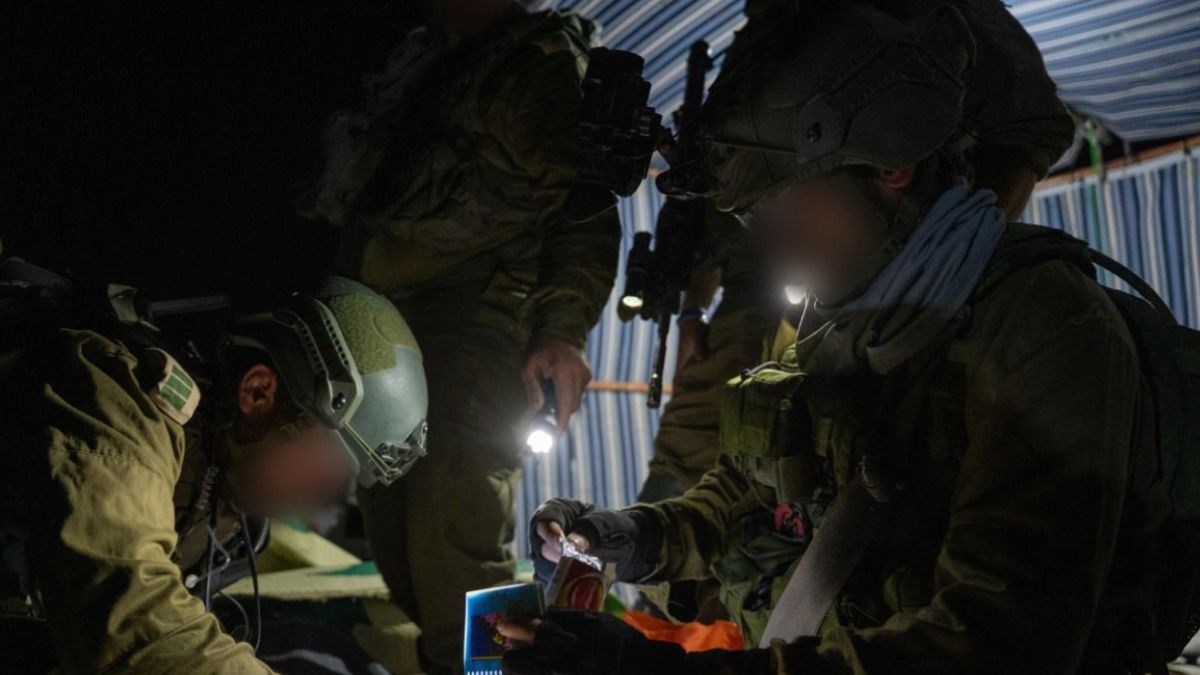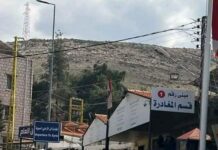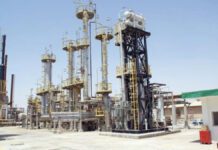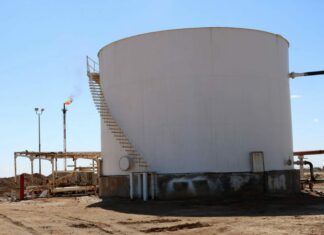
Israeli forces entered the town of Saysoun in the Yarmouk Basin in western Daraa over the weekend, deploying 18 military vehicles and searching homes, according to the local news outlet Daraa 24. Residents reported soldiers moved inside private residences under the pretext of searching for weapons, though no arrests were recorded. The move marked one of several Israeli penetrations into villages near the United Nations–monitored buffer zone along the occupied Golan Heights.
Such incursions have become increasingly frequent in recent months. On September 11, Israeli forces raided Abdeen, also in Daraa, detaining a father and his son before releasing them the following morning. Similar actions have occurred in Quneitra villages, where patrols blocked roads and searched vehicles.
Largest Incursion in Decades
Details of a major Israeli operation, described as the most extensive since the 1973 war, surfaced in Israeli newspaper Yedioth Ahronoth on September 13. The paper said the army advanced 38 kilometers into Syrian territory last December in an operation dubbed “Green-White.”
According to the report, hundreds of reserve soldiers from the 210th Division seized two abandoned Syrian military bases and confiscated 3.5 tons of weapons, including anti-tank missiles, mortars, and short-range rockets. The operation also marked the first entry of Israeli artillery into Syria since the October War.
The same report noted that Israel has occupied eight military positions along a strip roughly 10 kilometers wide from the Golan to the border triangle at Hamat Ghadir. Military officials said controlling Mount Hermon has become a priority, citing its strategic value in monitoring the Damascus-Beirut highway and arms routes toward Lebanon’s Bekaa Valley.
Airstrikes and Civilian Impact
Beyond ground operations, Israeli airstrikes have targeted Syrian cities and military infrastructure since the collapse of the Assad government in December 2024. According to the official Syrian Arab News Agency, recent attacks struck areas near Latakia and Homs, adding to a record of strikes that have disabled air bases in Homs, Aleppo, and Hama.
Syrian authorities say such actions undermine security and obstruct reconstruction efforts. President Ahmad al-Sharaa said Israel’s continued operations violate the 1974 Disengagement Agreement, which Damascus maintains it has observed. He added that Syria has appealed to the United Nations to restore UN peacekeeping forces to their original positions.
Ongoing Disputes over Sovereignty
While Israeli officials frame the incursions as necessary to prevent weapons smuggling and monitor Hezbollah movements, Damascus insists the operations represent illegal occupation. The Israeli army has acknowledged establishing permanent footholds in Syrian territory, a position critics say disregards international agreements.
Despite negotiations mediated by the US and the UAE, no settlement has been reached. In the meantime, repeated raids, arrests, and bombings continue to unsettle southern Syria’s border communities, raising questions about the future of the Golan Heights and the fragile security arrangements that have governed the region since 1974.








